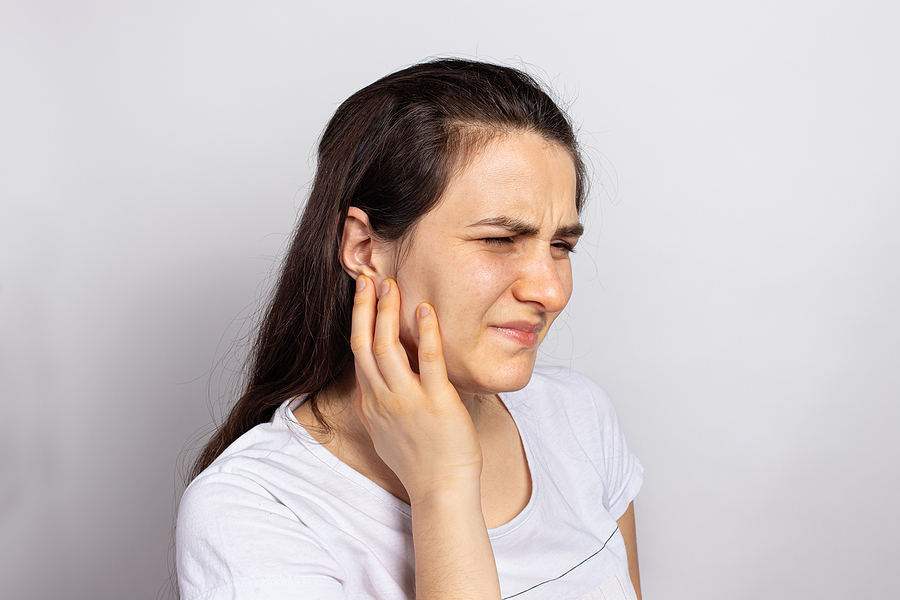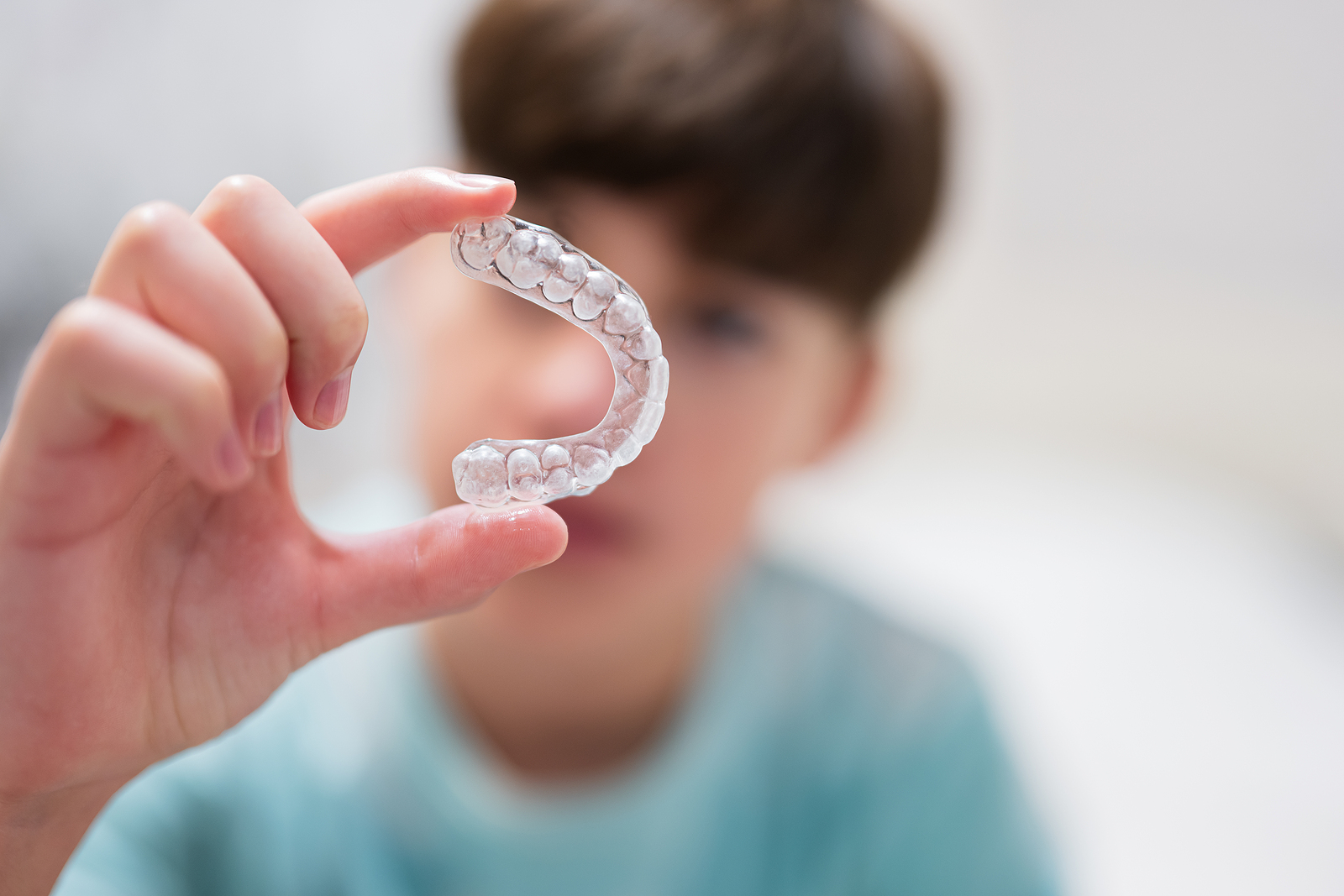![This is a thumbnail image of blog What Happens After Invisalign Treatment? Retainers and Maintenance Tips This is a thumbnail image of blog What Happens After Invisalign Treatment? Retainers and Maintenance Tips]()
What Happens After Invisalign Treatment? Retainers and Maintenance Tips
Jun 07, 2024![This is a thumbnail image of blog Keep Smile Healthy This Thanksgiving This is a thumbnail image of blog Keep Smile Healthy This Thanksgiving]()
Keep Smile Healthy This Thanksgiving
Nov 22, 2022![This is a thumbnail image of blog Sudden Tooth Pain? Here’s What Might Be Causing It This is a thumbnail image of blog Sudden Tooth Pain? Here’s What Might Be Causing It]()
Sudden Tooth Pain? Here’s What Might Be Causing It
Sep 05, 2023![This is a thumbnail image of blog Why Dental Implants Are A Game-Changer In Restorative Dentistry? This is a thumbnail image of blog Why Dental Implants Are A Game-Changer In Restorative Dentistry?]()
Why Dental Implants Are A Game-Changer In Restorative Dentistry?
Aug 14, 2024Discover the Path to a Confident Smile with Dental Implants
Aug 29, 2023

How To Prevent Dental Emergencies?
Dental health plays a crucial role in our overall well-being, yet many people overlook its importance until it's too late. Imagine biting into your favorite snack only to feel a sharp pain shoot through your mouth. Suddenly, you're faced with the reality of a dental emergency. These situations can be both stressful and painful, but they don't have to happen if you take proactive steps to care for your teeth.
Understanding how to prevent dental emergencies is key to maintaining that bright smile and healthy gums. In this post, we’ll explore common dental issues you might encounter and share valuable tips on keeping those potential problems at bay. From daily habits to regular check-ups, you'll discover how easy it can be to prioritize your oral health while avoiding visits for emergency dentistry in Washington, DC. Let's dive into creating a solid foundation for lasting dental wellness!
Understanding the Importance of Dental Health
Dental health is often underestimated, yet it impacts much more than just your smile. Healthy teeth and gums contribute to overall physical health and can prevent a range of medical conditions.
Poor oral hygiene has been linked to serious issues like heart disease, diabetes, and respiratory infections. Bacteria from the mouth can enter the bloodstream, causing inflammation throughout the body.
Additionally, good dental health boosts confidence. A bright smile opens doors in both personal and professional settings. It helps forge connections with others while enhancing self-esteem.
Investing time in maintaining your teeth also saves money in the long run. Preventive care is usually less expensive than treating advanced dental problems that arise from neglect.
Understanding this interconnectedness between oral and overall health encourages us to prioritize our dental routines for a happier, healthier life. Contact us to learn more.
Common Dental Emergencies and How to Avoid Them
Dental emergencies can strike unexpectedly, and understanding the most common types helps in prevention.
- One prevalent issue is a knocked-out tooth. This often occurs during sports or accidents. Wearing a mouthguard while playing can significantly reduce this risk.
- Another frequent emergency involves severe toothaches, which usually result from cavities or gum disease. Regular brushing and flossing are essential to keep these problems at bay.
- Cracked teeth can also lead to urgent situations. Chewing on hard foods like ice or candies may cause fractures that require immediate attention. It’s wise to be cautious with what you bite into.
- Dental infections may arise from untreated issues, potentially leading to abscesses and pain. Timely visits to your dentist for check-ups help catch problems early before they escalate into emergencies.
Prioritizing oral health ultimately reduces the likelihood of needing emergency dentistry in Washington, DC.
Tips for Maintaining Good Oral Hygiene
Maintaining good oral hygiene is essential for a healthy smile.
- Start by brushing your teeth at least twice a day. Use fluoride toothpaste and make sure to brush for two minutes each time.
- Floss daily to remove food particles stuck between your teeth. This prevents plaque buildup that can lead to cavities or gum disease.
- Don’t forget about your tongue! Bacteria can accumulate there, so gently brush it or use a tongue scraper during your routine.
- Rinse with an antiseptic mouthwash to kill bacteria and freshen your breath.
- Stay hydrated throughout the day. Drinking water helps wash away food debris and keeps saliva levels up, which is vital for fighting tooth decay.
- Watch what you eat—limit sugary snacks and drinks that contribute to enamel erosion and cavities. Choose crunchy fruits and vegetables as healthier alternatives instead.
Healthy Habits for Preventing Dental Emergencies
Developing healthy habits is crucial for preventing dental emergencies.
- Start with a balanced diet rich in vitamins and minerals. Foods like leafy greens, crunchy fruits, and dairy products strengthen your teeth.
- Stay hydrated by drinking plenty of water throughout the day. Water helps wash away food particles and bacteria that can lead to decay.
- Avoid hard candies or ice, which can crack teeth unexpectedly. If you play sports, always wear a mouthguard to protect your smile from injuries.
- Limit sugary snacks and beverages; they contribute significantly to tooth decay. Opt for healthier alternatives like nuts or yogurt when you're craving something sweet.
- Don't forget the importance of stress management. Stress can lead to teeth grinding at night, which may cause damage over time. Consider relaxation techniques or mindfulness practices as part of your routine to safeguard your oral health.
Regular Dental Check-Ups and Cleanings
Regular dental check-ups and cleanings are vital for maintaining optimal oral health. Visiting your dentist every six months can catch potential issues before they escalate into emergencies.
During these visits, professionals thoroughly examine your teeth and gums. They look for signs of decay, gum disease, or any irregularities that may require attention. Early detection is key to preventing costly treatments down the road.
Cleanings remove plaque and tartar buildup that regular brushing might miss. This process not only freshens your breath but also helps prevent cavities and other complications.
Moreover, these appointments offer a chance to discuss your oral hygiene routine with a professional. They can provide personalized tips tailored to your specific needs, ensuring you’re on the right track.
Establishing a habit of regular visits creates an ongoing relationship with your dentist, making it easier to address concerns as they arise.
What to Do If You Experience a Dental Emergency
Experiencing a dental emergency can be alarming. Stay calm and assess the situation first.
If you have a knocked-out tooth, find it immediately. Handle it by the crown, not the root. Rinse it gently in water if it's dirty, but avoid scrubbing. If possible, place the tooth back into its socket or store it in milk to keep it moist until you reach your dentist.
For a chipped or cracked tooth, rinse your mouth with warm salt water to reduce swelling and discomfort. Apply a cold compress on your cheek outside where the pain is located.
If you're experiencing severe pain or bleeding that doesn’t stop, seek professional help right away. Emergency dentistry services are available in Washington, DC, for these urgent situations.
Keep all relevant information handy when contacting your dentist—describe what happened clearly for effective assistance.
Conclusion: Taking Care of Your Teeth for a Healthy Smile
Taking care of your teeth is essential for a healthy smile. By understanding the importance of dental health, you can better appreciate why preventing emergencies matters. When you know the common dental issues and how to avoid them, you're already one step ahead.
Maintaining good oral hygiene through brushing and flossing plays a vital role in keeping your mouth healthy. Alongside that, adopting habits like limiting sugary snacks and avoiding tobacco can significantly reduce the risk of unexpected dental problems.
Regular check-ups with your dentist ensure that any potential issues are addressed before they escalate into emergencies. Remember, early intervention is key when it comes to preserving your dental health.
If an emergency does occur, knowing what steps to take can make all the difference. Whether it's managing pain or seeking immediate care from professionals specializing in emergency dentistry in Washington, DC, being prepared helps minimize stress during those challenging moments.
Invest time in caring for your teeth today — it pays off tomorrow with a brighter smile and healthier life.
We specialize in treating toothaches, severe oral pain, and other dental emergencies. Call us now : 202-785-4141.
Office Hours
MON - THU8:00 am - 4:00 pm
FRIBy appointments only
SAT - SUNClosed
2440 M Street, NW, Suite 328,
Washington, DC, 20037
Phone: (202) 785-4141Text Us: (202) 785-4141




comments